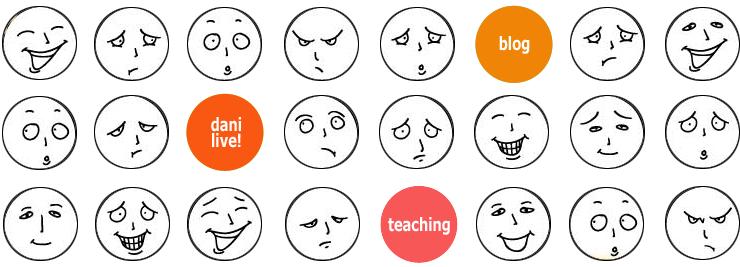May 3, 2015
My father died 19 years ago today. It was very sad. But he was 78, so people said things like, “Well, he lived a good life.” Which I heard as, “You can’t be that sad.” A tough comment to take, but not the toughest. The toughest response was when, upon hearing the news, people broke eye contact, waited a beat, and then asked:
“So what else is going on?”
That one used to make me laugh. When I stopped, I’d repeat myself, only louder, “MY FATHER JUST DIED,” like maybe the person had a hearing problem. I was living in New York City at the time, and I remember bumping into a guy I had shot the movie “Money Train,” with. I played the undercover cop that gets sick and has to leave the squad so Jennifer Lopez could step in and save the day. A riveting performance, involving me making out with another “undercover cop,” underground at the Union Square subway station, for a week of night shoots.
Anyway, this was about a year later, and I hadn’t seen this fellow thespian since we wrapped. Clearly, he was not a close friend. When he asked what was up, I answered in the way I responded to anyone about my father during the eight months when he was dying, which is to say, bluntly and to the point of wild discomfort, some version of, “After I set up the morphine drip, I read to him from Page Six of the NY Post. Crazy Dad, still a sucker for gossip.”
You could understand why this might be a conversation non-starter for your average Joe. In my self-obsessed grief, I, however, did not. Instead, I decided people were shallow. When I ran into my “Money Train,” buddy and he asked me what I’d been up to, I had a new answer:
“My father died yesterday.”
“Oh,” he said. And then he paused, looked down at his feet and asked it: “So what else is going on?”
It was so disconnected from what I had just said.
But I know better now. You know why people make stupid, disconnected comments when you talk about death? Because it’s hard to connect to death. It’s hard to do it catching up on the street and even harder to do at life-cycle events—for instance when you get married and there’s a hole where a person you love should be standing, and then again when your children are born.
I hate the expression, “Don’t go there.” But in the case of the relentlessness of grief, the majority of people, including me, don’t want to “go there.” It often feels like hysteria quick-sand and is never, ever, ever fun.
Not to be a Dani Downer here but time doesn’t make it easier. It’s still hard 19 years later, sitting in my home office. A phrase that, given the nomadic life I was living when he died, my father would have been shocked to read in a sentence written by me. I had neither a home nor an office when he took his last breath. (Which, by the way, I witnessed. If you’ve never watched this, from a purely medical science perspective, if there is such a thing, it’s odd. There is life in a person’s eyes, and then there is no life, and it’s all predicated on the intake of air. Or not.)
Making a connection in your mind and heart once in a while is what matters.
I don’t think about my father a lot. I don’t drive around in L.A. traffic talking to him, or any of the other people that aren’t here any more. It’s easier to just, as the “Frozen” ballad commands, “let it go.”
But is it better?
Or even possible? My experience, so far, is no. And I’m kidding myself thinking it is.
Because dead people creep up on you when you least expect it and make an unexpected mess of things. The feelings of loss are there, whether you acknowledge them or not. If you choose the latter, the problem is that you will find yourself in a place where moaning and wailing is just not appropriate, like “Back to School” night when teachers go into great detail about the joys of “Grandparents Day,” and you find yourself stuffing an overwhelming upsurge from inside your body of tears and rage down with a few dozen bagels and a box of wine at the buffet. Refreshments are an emotional tourniquet, until you end up sick in the bathroom while rumors buzz about your binge eating.
This scenario is avoidable if you (we, I) figure out a way to acknowledge deceased loved ones by calling them to mind once in a while in a quiet, safe space. Or maybe while careening down a roller-coaster, where no one will be able to understand what you are saying or to whom.
RELATED: A Mistake That’s a Parent’s Worst Nightmare
Making a connection in your mind and heart once in a while is what matters. For these few moments, remember the person’s voice, their laugh, their touch. Picture their face, see them looking at your life today and smiling and maybe instead of crying, you will find yourself smiling, too.
“Take My Spouse Please,” video from New York Times with Lew Schneider & Liz Abbe!
http://www.nytimes.com/2014/01/17/booming/take-my-spouse-please.html?emc=eta1



























